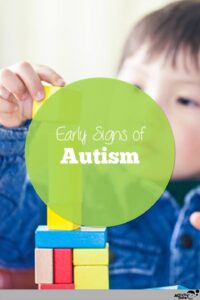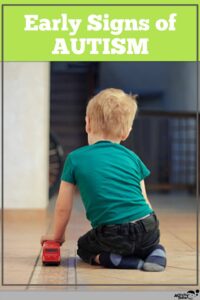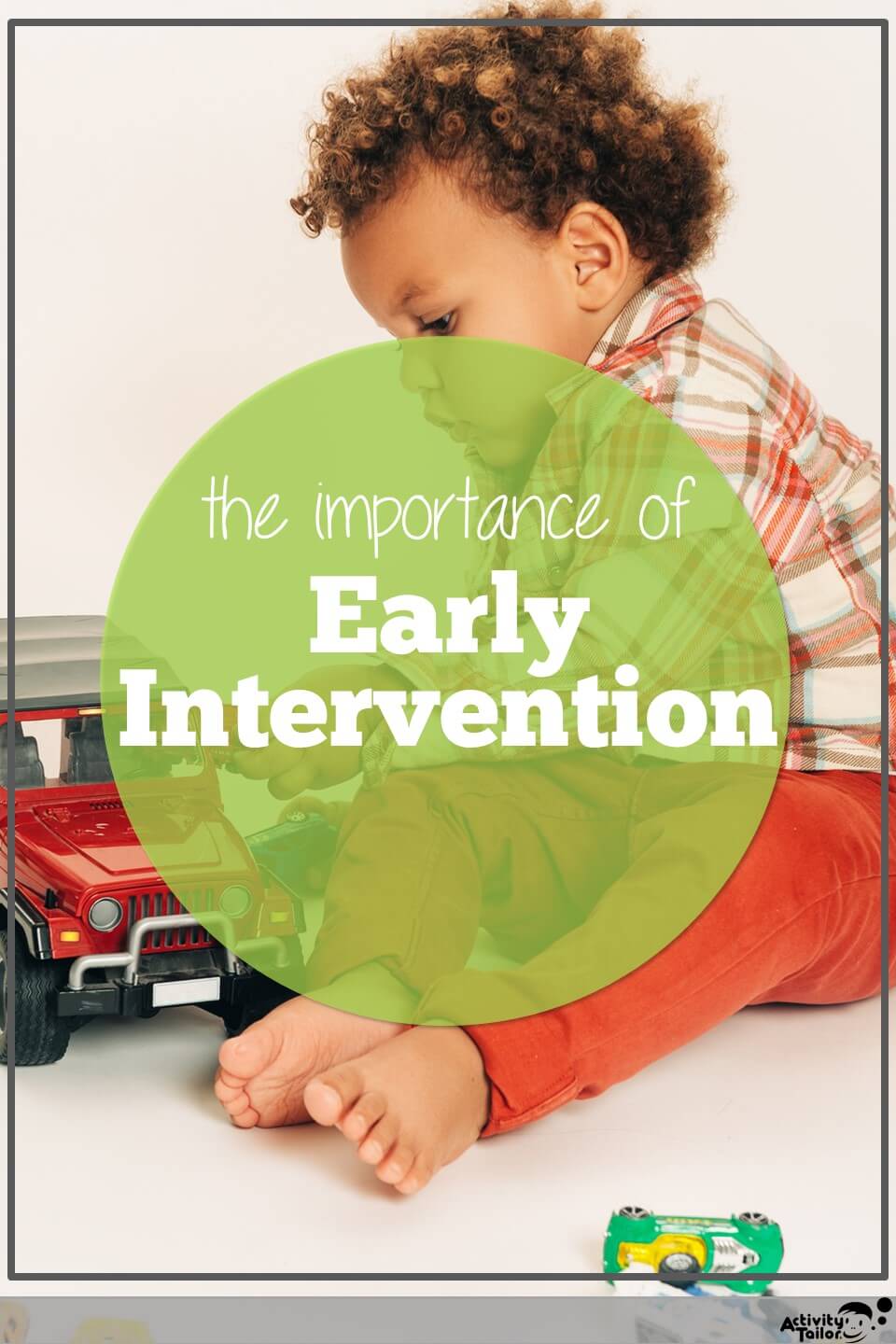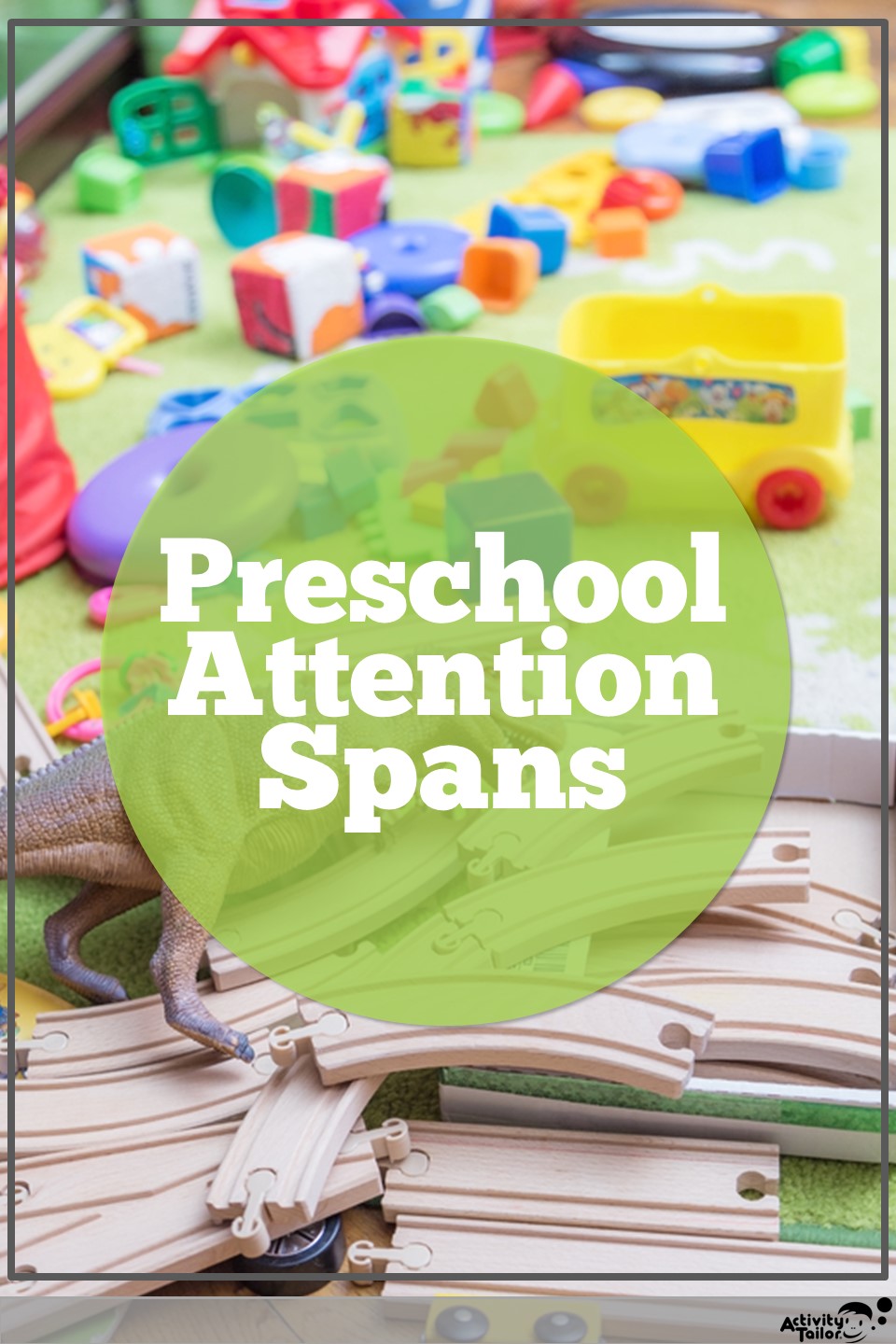You know your child best. You’ve watched each amazing thing he’s done and listened to all the sounds he has made (or maybe not made). You already know how special he is, but you also know in your gut that he is different. You might be seeing early signs of Autism.
Recognizing the early signs of Autism are important for current and future success for your child.
What is Autism?
Autism Spectrum Disorder (aka Autism) is a neurodevelopmental difference. An autistic person’s brain develops differently than that of a neurotypical person.
There is no single cause of Autism but instead it is a variety of differences.
An autistic person is described as neurodivergent.
What are some common signs of Autism?
According to the Center for Disease Control (CDC), while there is no specific list of characteristics that fit every Autistic person, there are categories of signs that can be identified with Autism.
Usually these signs are noticeable in early childhood but sometimes can be noted as early as infancy.
Usually an Autistic child will show signs from both of these categories:
- Social communication and interaction
- Restricted or repetitive behaviors or interests
Social communication and interaction
These may be some of the first signs you notice as a parent of an Autistic child:
- Nonspeaking
- Prefers independent play over play with peers
- Does not always (or frequently) respond to name when called
- Does not usually or often shift use typical eye contact with others
- Uses few or no gestures
- Does not notice when others are upset or hurt
- Difficulty with the typical back-and-forth style of conversation
Restricted and repetitive actions, activities, and interests
These types of limited and repetitive behaviors set Autism apart from other diagnoses that are solely defined by social communication differences:
- Echolalia (repeating sounds or phrases)
- Repetitive movements
- Repetitive play actions
- Difficulty with transitions
- Extreme preference for sameness, especially routines
- Very limited number of interests
- Prefers predictable play with structures
Other signs
Many Autistic individuals also present with other related signs such as:
- Extremely high pain tolerance
- Unusual sleeping patterns
- Hyperactive, impulsive, and/or inattentive behavior
- Slower acquiring language and motor skills compared to peers
- Regressions in language or other developmental skills
 Seeking Evaluations
Seeking Evaluations
After you have reviewed the common characteristics of Autism, then you can more confidently make a next step towards seeking the appropriate evaluation or evaluations to help your child succeed.
Use your best judgment to determine which evaluation best suits your child’s needs first or tackle a couple head on at once! Do what fits you and your child best.
Autism evaluation
If your child is demonstrating signs from both of the above-listed categories, scheduling an Autism evaluation is likely a wise choice. Early diagnosis of Autism can provide you with earlier access to resources that are available to help support therapy choices and options your child can use to live a full life.
A medical diagnosis of Autism can be made by a developmental pediatrician, psychologist, or other specialized medical professional.
At this evaluation, the evaluator will ask about signs of Autism, work through diagnostic tests, inquire about developmental history, and observe your child in play and with you.
There are no medical tests like blood work that can be done to diagnose Autism.
Language evaluation
If your child presents with frustrations or difficulties that appear to be communication-based or are in interactions with others, then contact an SLP near you to schedule a language evaluation.
A neurodivergent-affirming SLP will work with you and your child to identify strengths, special interests, and areas of weakness that your child has to create the best plan towards easier communication for your child.
Don’t forget, you can seek a language evaluation while you simultaneously wait for an Autism evaluation or other evaluations!
Other evaluations to consider
Feeding evaluation
You may consider a feeding evaluation if your child’s food options are extremely restrictive or eating experiences are causing him discomfort at home or in public.
Occupational evaluation
An evaluation with an occupational therapist can be beneficial to help you and your child learn how to best meet her sensory differences at home, in the classroom, and elsewhere.
Sleep study
For children with disruptive sleep or unusual sleep and wake patterns, a sleep study can be performed to rule out any physical or medical issues.
The importance of early intervention
Early intervention services are those provided to infants, toddlers, and their families when a developmental delay is present.
This is a huge resource available to you after a language or Autism evaluation has been completed that you don’t want to overlook!
Early intervention services often take place in the most natural setting for a child or family (usually your home or child’s childcare facility!). This provides comfort for your child and yourself and allows an SLP to learn your child’s unique developmental pathway and special interests more quickly.
The purpose of early intervention with Autism is not to “fix” your child and make them more like typically developing children but to meet them in their individuality sooner so that they can access communication easier and faster.
Early intervention is important!
Strengths in Autism
The neurodiversity movement highlights the diversity in humans. It pushes one to look beyond a person’s differences and presume competence always. Strengths and special interests should be celebrated! Remember who your child is as a whole person.
Read this eloquent description of Autism from a strengths-based perspective from Reframing Autism.
Now you can recognize the signs of Autism and know the next steps to take. Don’t doubt yourself in this process. You’re enough and exactly who your child needs you to be!
You may also be interested in reading:
Why is Early Intervention Important?
What to Expect from a Speech and Language Evaluation








